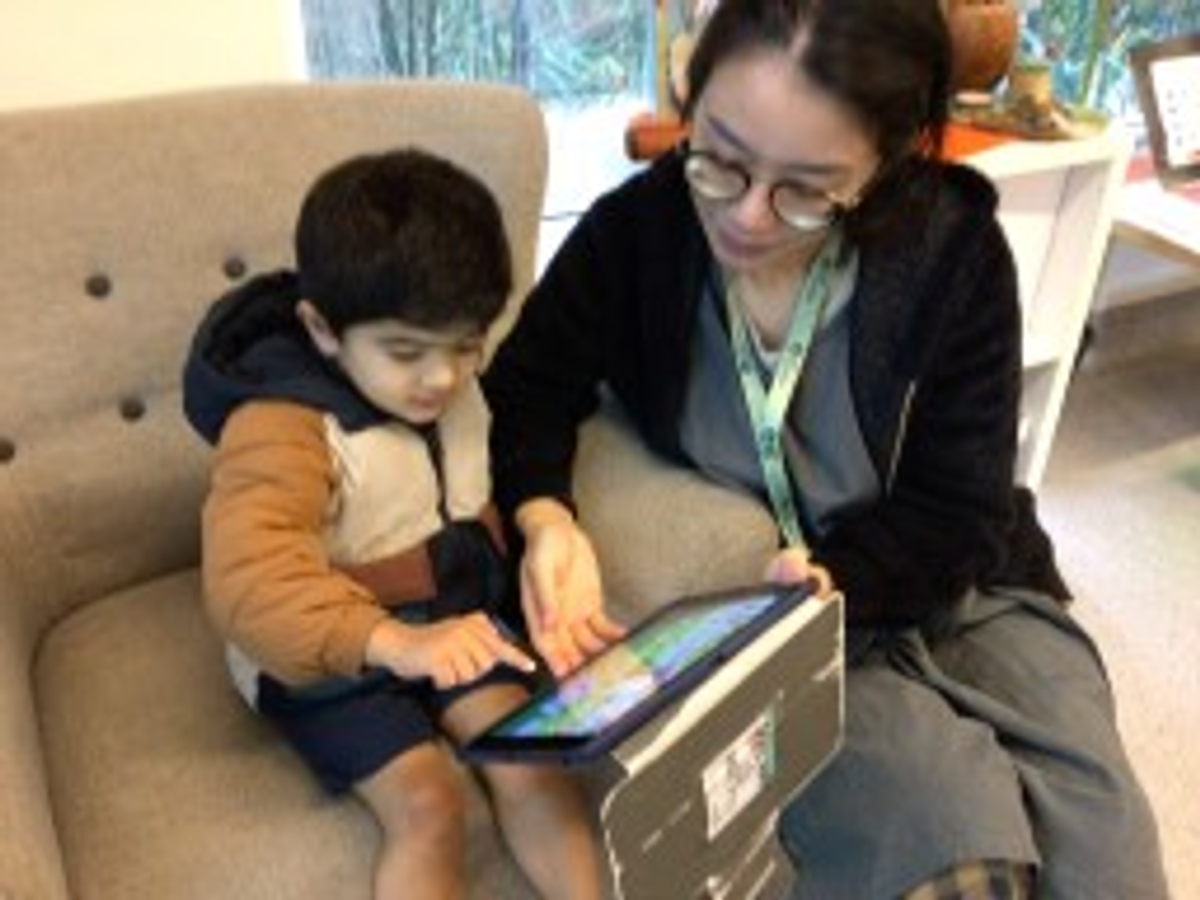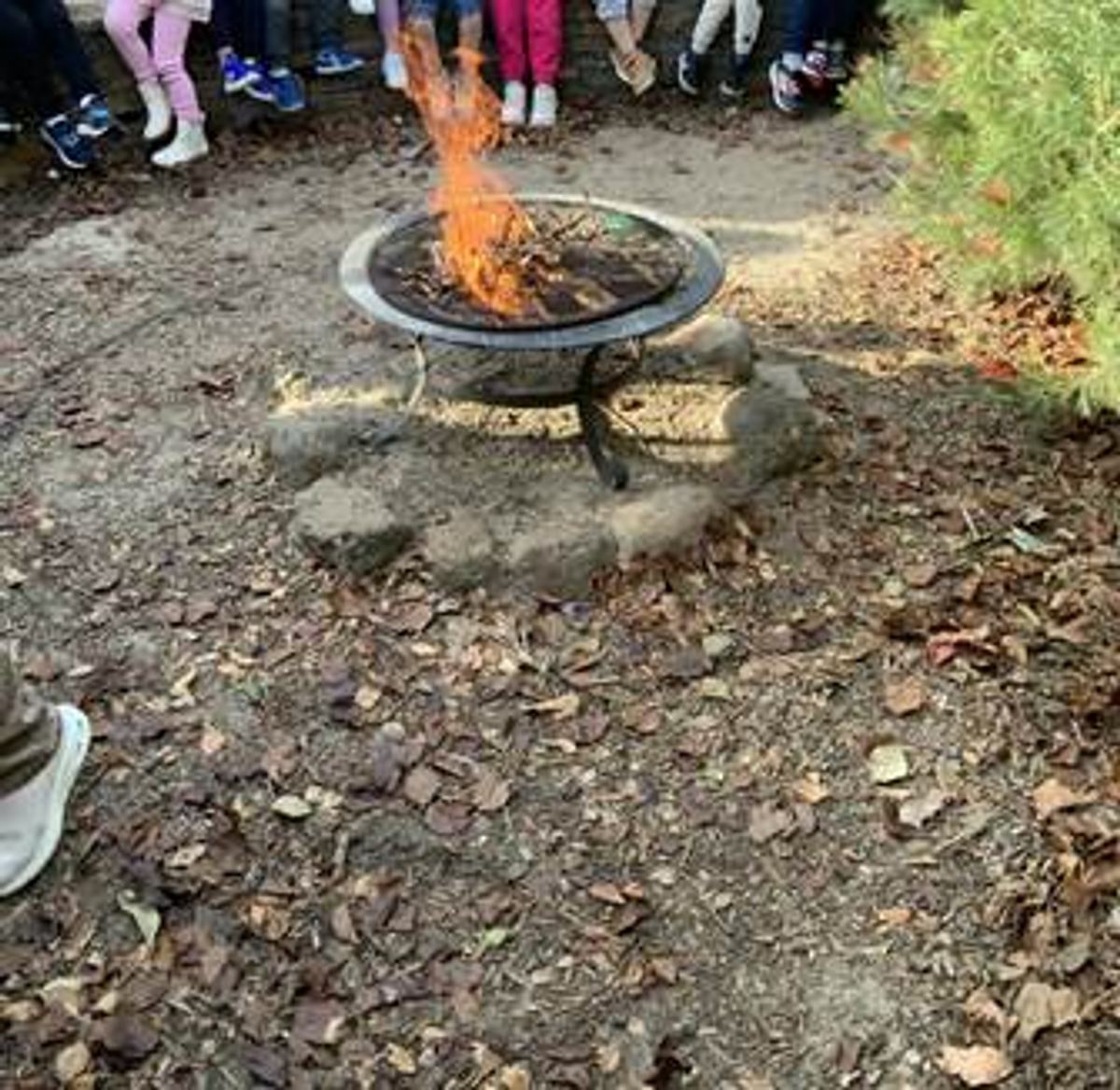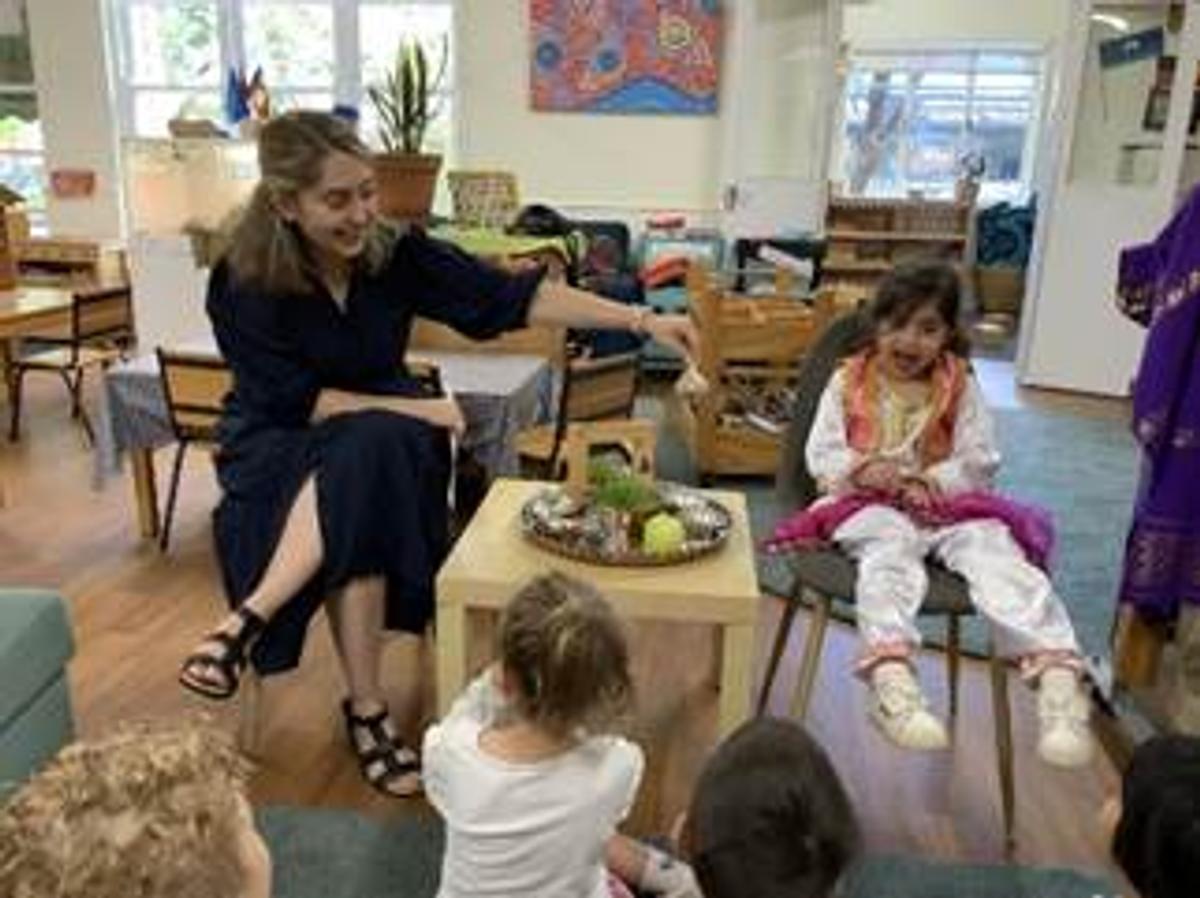Glen Education McKinnon

Cultural Responsiveness within the Curriculum
By Sharon Cashmore, Early Childhood Teacher
“Respecting diversity means within the curriculum valuing and reflecting the practices, values and beliefs of families. Educators honour the histories, cultures, languages, traditions, child-rearing practices and lifestyle choices of families. They value children’s different capacities and abilities and respect differences in families’ home lives.”– Early Years Learning Framework, page 14
Embracing Cultural Diversity at Glen Education McKinnon
At Glen Education McKinnon, cultural responsiveness is not just a concept - it’s a lived commitment embedded in our everyday practice. By acknowledging and honouring each child’s cultural identity, we validate their experiences and ensure a nurturing environment where every child feels welcome, supported, and valued as part of our learning community.
As this term’s newsletter focuses on cultural identity, we’ve taken the opportunity to reflect on how we embrace cultural diversity across our curriculum and interactions with children and families.
From the beginning of the year, educators develop strong and respectful relationships with children and their families. We start with a solid foundation - through conversations, shared experiences, and the Getting to Know You forms that highlight important cultural practices, celebrations, and family values. This supports us in tailoring our curriculum to reflect and celebrate the unique backgrounds of each child.
Everyday Opportunities to Celebrate Culture
Miki, one of our educators, shares:
“By using casual, everyday moments like mealtimes, I create opportunities for children to share their cultural backgrounds. This helps them feel seen and valued, and it fosters a sense of curiosity and respect among their peers. I support cultural responsiveness in the curriculum by encouraging children to talk about their family traditions, especially through food, stories, and home languages.”
Our team’s multilingual strengths further enrich our environment. Phoebe adds:
“I integrate diverse cultural perspectives into everyday activities such as, language teaching in group time, plan an activity for traditional cultural festivals, bilingual communication with children speaking English and Mandarin.”
Every year, we introduce the ELLA program, which allows children to learn Chinese/Mandarin in a fun and interactive way using iPads at the service.
Jun reflects on Term 1:
“At the beginning of Term 1, we introduced Chinese New Year and Chinese Zodiac to children. The home corner was set up with Chinese New Year elements and the art table was organised with Chinese Zodiac (Snake) resources. We invited one of our Chinese families to share with us how they celebrated Chinese New Year.” We intentionally add resources and experiences that ensure all children feel welcome and supported.
Celebrations and Family Involvement
Merilyn, one of our early childhood teachers, acknowledges each child’s cultural identity through celebrations. Throughout the year, she invites families to visit and share the unique ways they celebrate special occasions. One example includes a family who spoke to us about how they celebrate Nowruz (Persian New Year).
At Glen McKinnon, each day begins with a child-led Acknowledgement of Country, sparking discussions around inclusion, respect, and being responsible custodians of the land.
Jo Elmer shares:
“By gathering around a fire for Acknowledgement of Country during Reconciliation Week, educators create a meaningful space where young learners can engage with and respect First Nations culture, fostering a deep understanding of the importance of reconciliation and cultural responsiveness within the early learning curriculum.”
Our children’s voices reflect this learning:
- Nyla: “Wominjeka means welcome.”
- Ella: “Yellow is the sun.”
- Asher: “We learn to share the land.”
- Mila: “The land belongs to everyone.”
- Arfie: “We are being kind to everyone.”
We’ve also celebrated Holi and Diwali with joy and inclusivity. Deepti explains:
“I encourage family participation during cultural celebrations to build strong connections between home and the early learning environment. Families are invited to share stories, read books, and show photos related to their culture. They are also encouraged to attend the program, cook traditional dishes with the children, and wear cultural outfits, developing pride and belonging.”
Winnie adds:
“When we celebrate children's birthdays, we don't only sing the birthday song in English. We would ask the parents or the children to teach us how to say happy birthday in their mother tongue if they also spoke another language at home. All children will learn how to sing the happy birthday song in that child’s mother tongue to celebrate their birthday.”
Honouring Identity in Everyday Moments
Our philosophy at Glen Education is simple yet powerful: “Everyone comes from their own unique cultures, and we believe it is our job to be culturally responsive.”
Maria-Paula brings this to life in the classroom:
“Recently one child brought in her Israeli flag, and we offered her to do a show and tell at group time. She was proud of her identity, and with support she talked about her flag and the features in it. We added that the flag also represented the Jewish community, which is a religion that many in our community follow.”
At Glen McKinnon, we recognise and respect the diverse backgrounds of our children and families. We are committed to creating inclusive environments where every child feels a sense of belonging—an essential foundation for learning, growth, and lifelong cultural competence.



